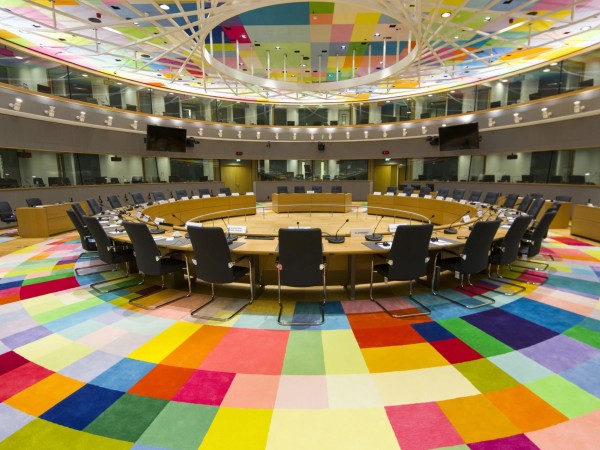Strasbourg, 04.12.20 – The Committee of Ministers of the 47-nation Council of Europe has adopted an Interim Resolution (*) expressing profound concern that the just satisfaction awarded by the European Court of Human Rights (ECHR) in the Georgia v. Russia (I) case has not yet been paid. The text strongly urges the Russian authorities to finalise consultations with the secretariat of the Committee of Ministers in order to either directly pay the just satisfaction and the interest accrued to the Government of Georgia, or to commit to using the Council of Europe as an intermediary for that payment.
The Interim Resolution was adopted during the committee’s latest regular meeting to examine the implementation of judgments from the European Court of Human Rights.
The Georgia v Russia (I) case concerns the arrest, detention and expulsion from the Russian Federation of large numbers of Georgian nationals from the end of September 2006 until the end of January 2007. The European Court of Human Rights, in its principal judgment, ruled that, from October 2006, a coordinated policy of arresting, detaining and expelling Georgian nationals, amounting to an administrative practice, had been implemented in the Russian Federation. The Court found six violations of the human rights convention, as well as the failure of the Russian authorities to comply with their obligation to furnish all necessary facilities to the court in its task of establishing the facts of the case.
In its just satisfaction judgment of 31 January 2019, the Grand Chamber of the ECHR held that, within three months, the Russian Federation was to pay the Government of Georgia 10mln euros in respect of non-pecuniary damage suffered by the group of at least 1,500 Georgian nationals, who were the individual victims of the violations. The court indicated that these amounts should be distributed by the Government of Georgia to the individual victims under the supervision of the Committee of Ministers within 18 months of the date of the payment or within any other period considered appropriate by the committee.
The Committee of Ministers examined the issue of payment of the just satisfaction in September and December 2019, as well as in March, September and October 2020.
Since the last examination of the case, in October and November 2020, consultations were held between the Russian authorities and the secretariat of the Committee of Ministers, as well as with the Georgian authorities, with a view to the Russian authorities either directly paying the just satisfaction to the applicant government (Georgia) or committing to using the Council of Europe as an intermediary for that payment.
At this week’s meeting, the Committee of Ministers again focused on the issue of the payment of the just satisfaction. The committee reiterated its insistence on the unconditional obligation under the human rights convention to pay the just satisfaction awarded by the court, noted with interest the ongoing consultations and strongly urged the Russian authorities to finalise them without further delay. The Committee of Ministers also noted the position of the Russian authorities concerning the need to identify the individual victims, the violations suffered and the sums due to them before the just satisfaction can be distributed by Georgia.
The committee decided to resume its examination of the case at its next meeting on the execution of ECHR judgments, which will take place in March 2021, on the basis of information to be submitted by the Russian authorities on the concrete progress made to execute the judgment by 1 February 2021. It further decided to concrete progress by 1 February 2021, to consider at that meeting the possible means at its disposal to achieve progress in the full execution of the judgment.
(*) An Interim Resolution is a form of decision adopted by the Committee of Ministers aimed at overcoming more complex situations requiring special attention.















